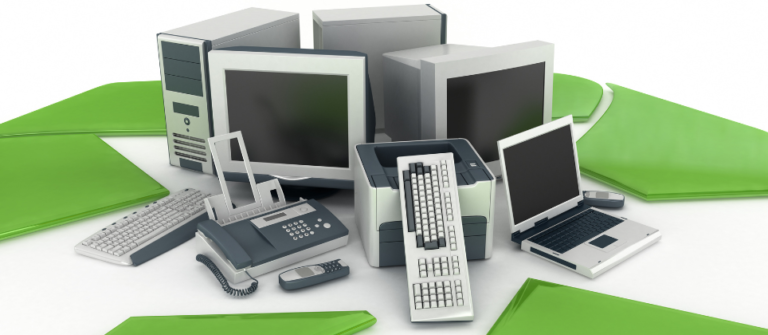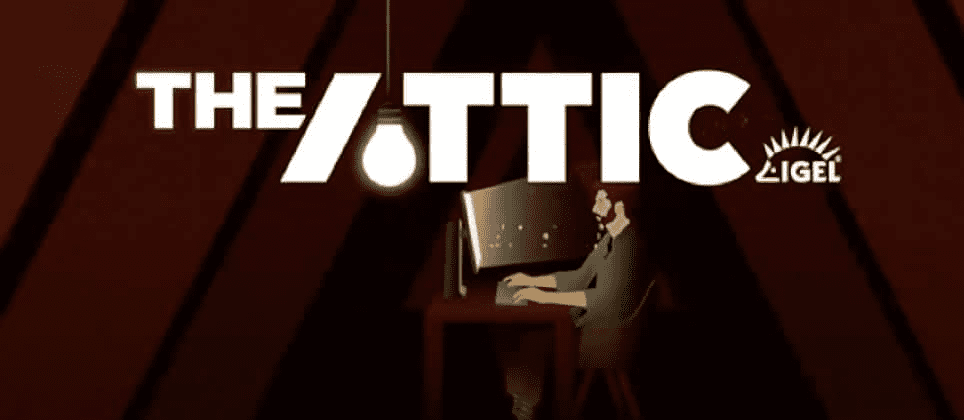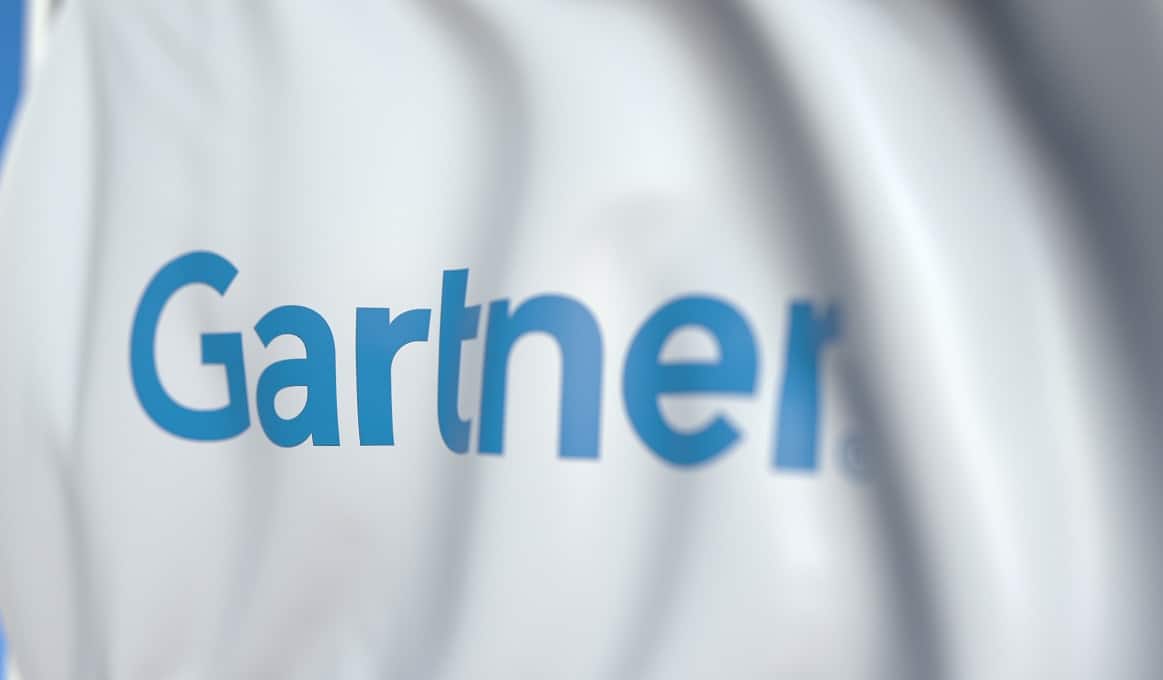IGEL Blog

How Sustainability is Changing the Tech Industry
In a time where remote work, or “work from anywhere” (WFX) is still on the rise, more and more companies are considering the adoption of “use your own device” (or UYOD) policies, in addition to or as a replacement to the well understood “bring your own device” (BYOD) model that many organizations have embraced for years. Rather than continually spend money and resources on buying new personal devices for your employees, invest in systems that help keep work environments transportable, yet secure. Here are some of the benefits of investing in a UYOD or BYOD policy, as well as some of the reasons sustainable IT is the way of the future.
Financial benefits
One of the best ways to save your business some money is in your office supplies and resources. Rather than enforcing strict policies about work computers, you can use the UYOD policy to promote more “WFX” environments. Let’s face it – sometimes work desktops can be a pain, but what if you can reap the same benefits via your existing devices or your users’ personal devices, all the while saving your company money? Sustainable tech does both. It saves the planet, saves resources, and extends the life of products, which saves you money in the end. By working with a provider who repurposes, not replaces, existing products and devices, you can help reduce your supply chain carbon footprint by up to 60%.
Consider the traditional lifespan of a PC as an example. It’s common for companies to perform a “hardware refresh” of employee systems every four to five years. But what if the lifecycle of PC hardware could be extended another two or three years – or eliminated all together by empowering users to use their own systems via secured access to corporate apps and data? That could save significant investment in new hardware (can be millions in larger enterprises), while also reducing the number of devices sent to landfill, manufacturing energy consumption, and the mining of natural resources and mineral elements used for chips and boards. That is extremely compelling during the current supply chain/chip shortages that have plagued so many industries. Win – win – win!
Sustainable products
Businesses of all types should be working to reduce their overall global carbon footprint through their products and policies. This sustainability starts with reusing existing hardware, slashing emissions, reducing costs, extending the lifespan of devices, and adopting hybrid cloud strategies. To lower the carbon footprint, businesses can also adopt more virtual workforces and cloud environments. This goes hand in hand with the idea of UYOD. When a company empowers workers to remotely access their digital workspaces, they are in turn lowering the emissions it takes for commuting and lowering the energy they might all be using when in the office. And if and when new devices do need to be purchased, organizations can look at highly efficient, compact thin client devices whenever possible.
Flexibility
When the pandemic began almost two years ago, highly stressed companies had to quickly come up with contingency plans to keep their businesses operating and functional. For some, this meant taking a pause to figure out what was to come, for others this meant packing up their entire offices, work computers and systems in tow, to take home for the unforeseeable future. With a UYOD process in place, you’re already prepared for these changes.
Having employees use their own devices, while using your company’s cloud-delivered digital workspaces or desktop-as-a-service program, you are far more prepared for anything to come. In fact, even as some businesses are reopening offices and bringing their workforce back in, many are still opting for a hybrid work model that includes remote work, simply because of the flexibility it offers. Not only the ability to work from anywhere, but also the ability to connect from anywhere or anytime. Most work is no longer Monday through Friday, 9-5, so businesses that adopt remote working solutions offer their employees the ability to essentially set their own schedules. Instead of spending an hour on the bus to commute home from work, spend that hour finishing up a project or connecting virtually with your coworkers.
While there are many ways to make your IT more sustainable, each company has to find their own balance. Some businesses still require in-person working, as well as personal work computers, but there are always ways big and small to better your organization and industry at large via a sustainable UYOD program. And that’s good for everyone.
Learn more about IGEL and sustainability here.
This article was written by Dan O’Farrell, Sr. Director of Product Marketing for IGEL, and first published in Green Tech IT News.


